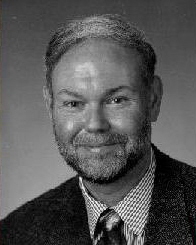
Image via Wikipedia
In “Called back to Africa by DNA,†journalist Teresa Watanabe highlights the recent surge of interest in the genetic genealogy by African Americans. This increased interest is often written about during February, which is Black History Month (see “Genetic Genealogy and Black History Month†from February 2008 and “DNA Testing Jumps During Black History Month†from February 2007). Although the LA times article rehashes some of the same issues, it also contributes a number of new points to the conversation.
Interesting Tidbits:
Among other things, the article mentions several of the projects that focus on African American genetic genealogy, including African Ancestry:
The curiosity has fueled the growth of DNA testing outfits. African Ancestry Inc., a Washington-based firm, has tested the DNA of 15,000 people against its database of 25,000 African genetic lineages, according to its president, Gina M. Paige. The firm’s clients include Winfrey, film director Spike Lee, musician Quincy Jones, comedian Whoopi Goldberg and actors Morgan Freeman and Don Cheadle.



 The next interview in the TGG Interview Series with members of the Genetic Genealogy field is with Katherine Hope Borges. Katherine is the Director of the
The next interview in the TGG Interview Series with members of the Genetic Genealogy field is with Katherine Hope Borges. Katherine is the Director of the 
 The Genetic Genealogist has been
The Genetic Genealogist has been  To the readers coming from yesterday’s
To the readers coming from yesterday’s